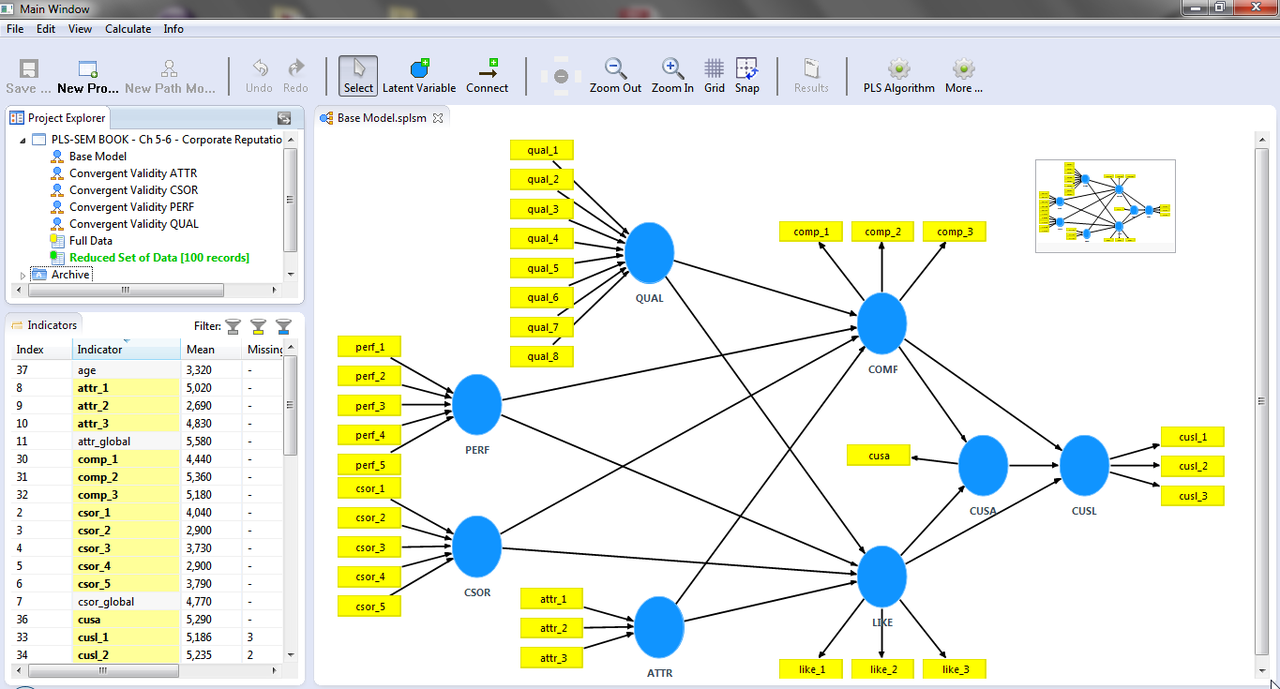Evolving Research in Qualitative and Mixed Methods hosted by NVivo
Want to learn something new? Register for these upcoming FREE webinars with leading researchers in their fields.
Evolving Research in Qualitative and Mixed Methods hosted by NVivo Register Now
This free webinar series showcases the evolving research methods used with qualitative and mixed methods research. Join leading researchers, like Adele Clarke, Virginia Braun and Victoria Clark to learn about their theoretical frameworks and practical suggestions in conducting rigorous qualitative and mixed methods research.
Coding the Real World: What is Real World Evidence in Health
Qualitative Data Analysis Beyond the Interview
Situational Analysis Extending Grounded Theory
Introduction to Thematic Analysis
Narrative Portraits in Qualitative Research
SAGE authors are presenting!


Thematic Analysis A Practical Guide by Virginia Braun and Victoria Clarke
Situational Analysis Grounded Theory After the Interpretive Turn, Second Edition by Adele E. Clarke, Carrie Friese, Rachel S. Washburn
Use the code MSPACEQ422 for a 20% discount, valid from 1 October – 31 December
More Methodspace posts about research design
We’re excited to share that Research Methods - part of the 'Research Skills Toolkit' - has been updated to reflect today’s research landscape. Discover brand new content on Gen AI, Data Literacy and more – designed to support researchers with the skills they need in their careers.
There are some perennial challenges to doing a research project that all of us have faced: formulating a research question, wrestling with paradigmatic assumptions, keeping on track of a multi-year project. The Essential Guide to Doing Your Research Project has been helping students (and supervisors) for more than 20 years. But in a post-pandemic world with the transformations being wrought by artificial intelligence, datafication, and the rise and fall of social media platforms, there are new challenges facing researchers.
We are thrilled to announce the launch of the Research Design and Planning video collection, a powerful new resource designed to equip researchers with the essential tools and insights to craft high-impact research projects. Whether you're a student, academic, or professional researcher, this collection is your go-to guide for mastering the art and science of research design.
Guest post from Christopher Lamont and Mieczyslaw P Boduszynski , authors of Research Methods in Politics and International Relations, on the importance of methodology in PIR research.
While some types of online research use communication tools to interact with remote participants, digital methods use online approaches to study online phenomena.
This collection of open access articles offers multidisciplinary examples, guidance, and perspectives about online experimental research.
How do you know online participants are who they say they are? This collection of articles explores the issues - and solutions.
The wealth of material available online is irresistible to social researchers who are trying to understand contemporary experiences, perspectives, and events. The ethical collection and -use of such material is anything but straightforward. Find open-access articles that explore different approaches.
How to protect data when recording interviews on videoconference platforms.
The public is exposed to news stories about bad academic research behavior online. How can we counter this narrative and build credibility?
There are lots of questions to consider when using videoconference platforms for scholarly interviews.
From the moment social media platforms began to welcome user-generated content, researchers have looked for ways to study it. Learn more with open-access articles about social media platforms.
Julianne Cheek and Elise Øby, co-authors of the book Research Design: Why Thinking About Design Matters, discuss how to make decisions about what qualitative, quantitative, or mixed methods data to collect and how to do so. This post is the third of a three-part series of posts that feature ten author interviews.
What if we didn’t have to go fast to do our academic work and research? What if we could embrace the spaces and places around us to slow down? What could that mean for us personally, professionally, and in how we relate to social justice and ecological issues?
Julianne Cheek and Elise Øby, co-authors of the book Research Design: Why Thinking About Design Matters, discuss how to make decisions about methodology in this collection of video interviews. This post is the second of a three-part series of posts that feature ten author interviews.
Chart research directions that take you to the roots of the problem. Learn more in this guest post from Dr. Donna Mertens.
We need to think about research before we design and conduct it.
Julianne Cheek and Elise Øby, co-authors of the book Research Design: Why Thinking About Design Matters, discuss the first three chapters in these video interviews:
Chapter 1 – Research Design: What You Need to Think About and Why
Chapter 2 – Ethical Issues in Research Design
Chapter 3 – Developing Your Research Questions
The process for researching literature on research methods is somewhat different from the process used for researching literature about the topic, problem, or questions. What should we keep in mind when selecting methods literature?
Partial least squares structural equation modeling (PLS-SEM) enables researchers to model and estimate complex cause-effects relationship models
How do researchers make design decisions about the methodology and methods?






















Informed consent is the term given to the agreement between researcher and participant. In this post Janet Salmons offers suggestions about the intersections of the Internet communications, ethics and participants.